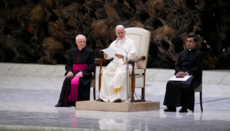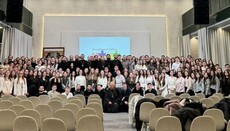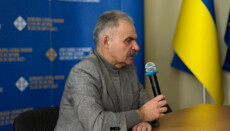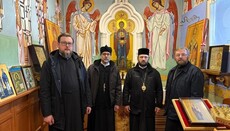Reconciliation with Jews and Muslims: Ecumenical Charter signed in Rome
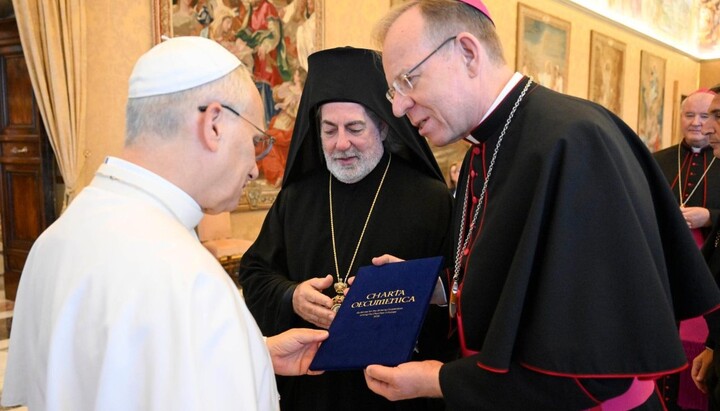
The document was timed to the 1700th anniversary of the Council of Nicaea.
On November 5, 2025, in Rome, representatives of the Catholic Council of European Bishops' Conferences and the Ecumenical Council of European Churches signed an updated version of the Ecumenical Charter (the Charta Oecumenica) – a document first adopted in 2001 as a basis for the interaction of Christian communities in Europe. The new version was prepared for the 1700th anniversary of the Nicene Council, writes the Vatican News website.
The document was signed by their heads – respectively, Archbishop Gintaras Grušas of Vilnius (RCC) and Archbishop Nikitas Lulias of Thyateira and Great Britain (Ecumenical Patriarchate).
"The Ecumenical Charter, first signed in 2001, was updated on the occasion of the 1700th anniversary of the Nicene Council. Its new priorities are the pursuit of peace and reconciliation, the reception of migrants and refugees, urgent measures to protect creation, and strengthening ties with Jewish and Muslim communities," says the Vatican website.
Commenting on the new version of the Charter, the Catholic hierarch stated that "it calls us to walk humbly, deal with the failures of the past, and create a space for healing and reconciliation".
On November 6, Pope Leo received the participants of the meeting in an audience and "highly appreciated the updated text". He said that today there are "many new voices that need to be heard", including new generations, new peoples who have arrived in Europe with their history and culture.
"In the Catholic Church, the synodal path is ecumenical, just as the ecumenical path is synodal," noted the head of the RCC.
As reported by the UOJ, the RCC rejected the teaching in which the Mother of God was called co-redemptrix.






